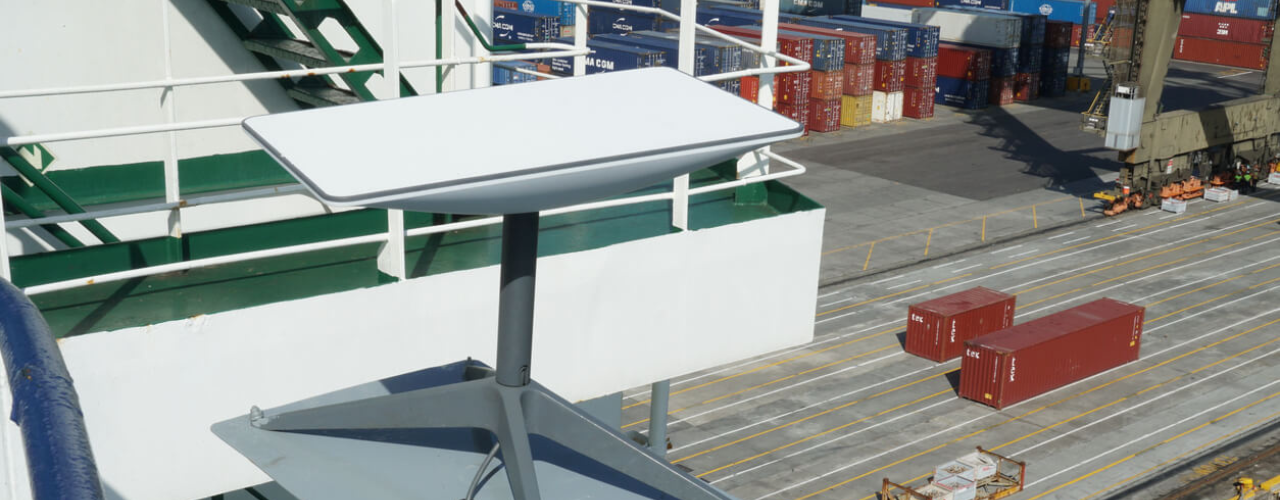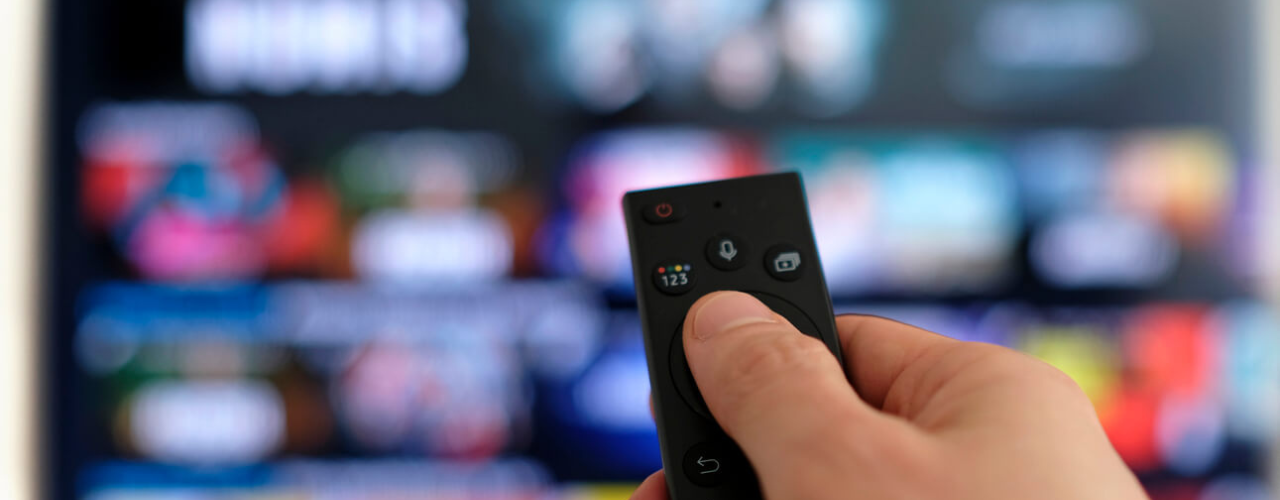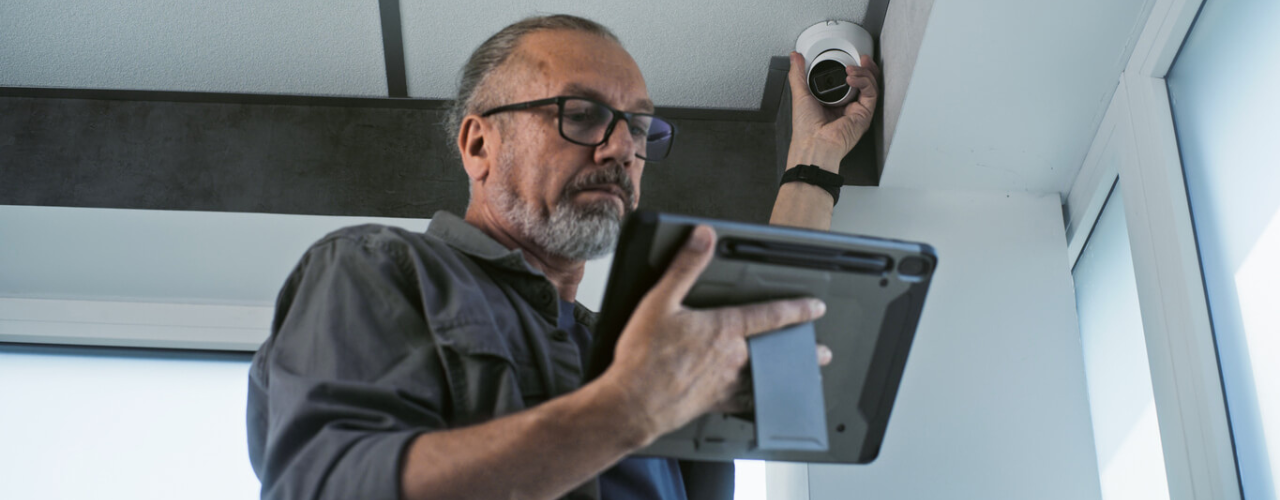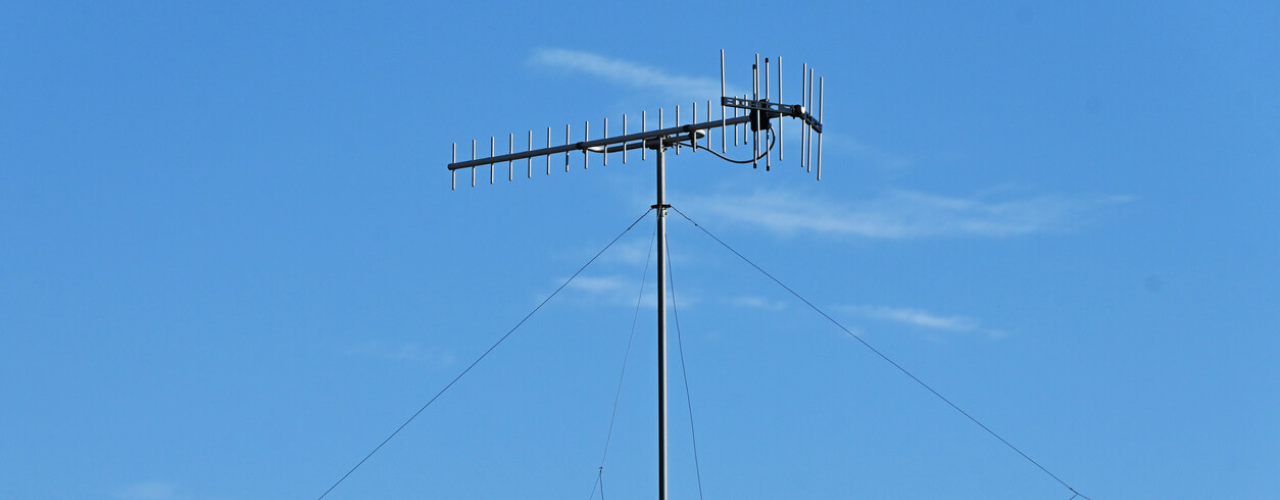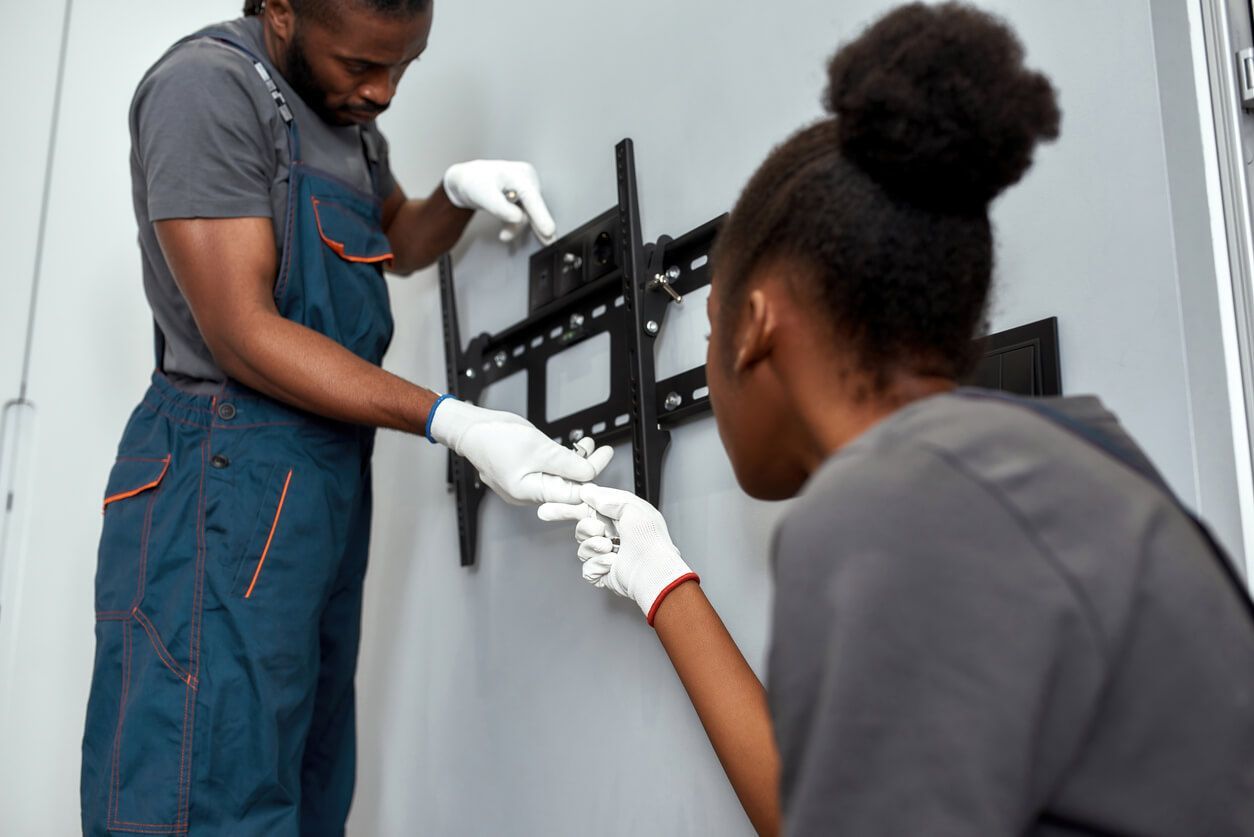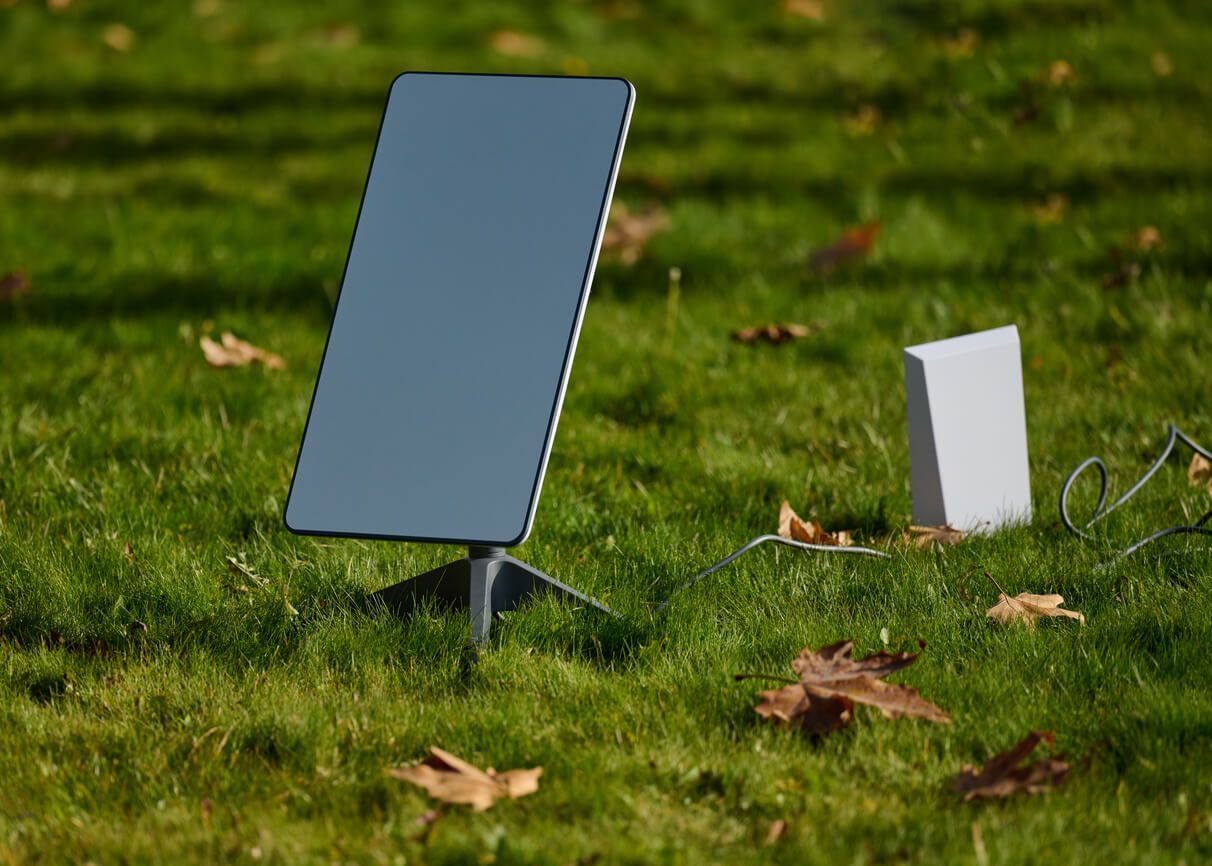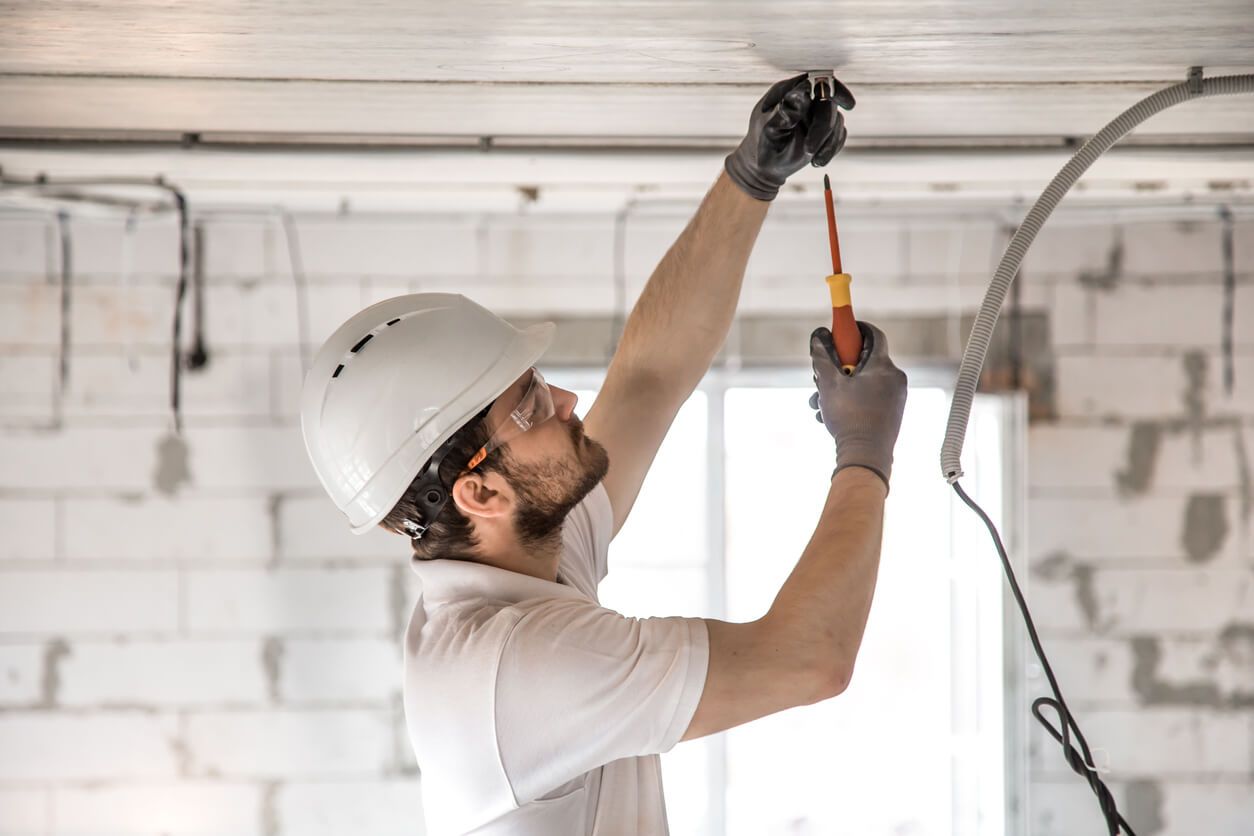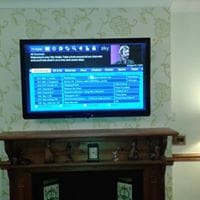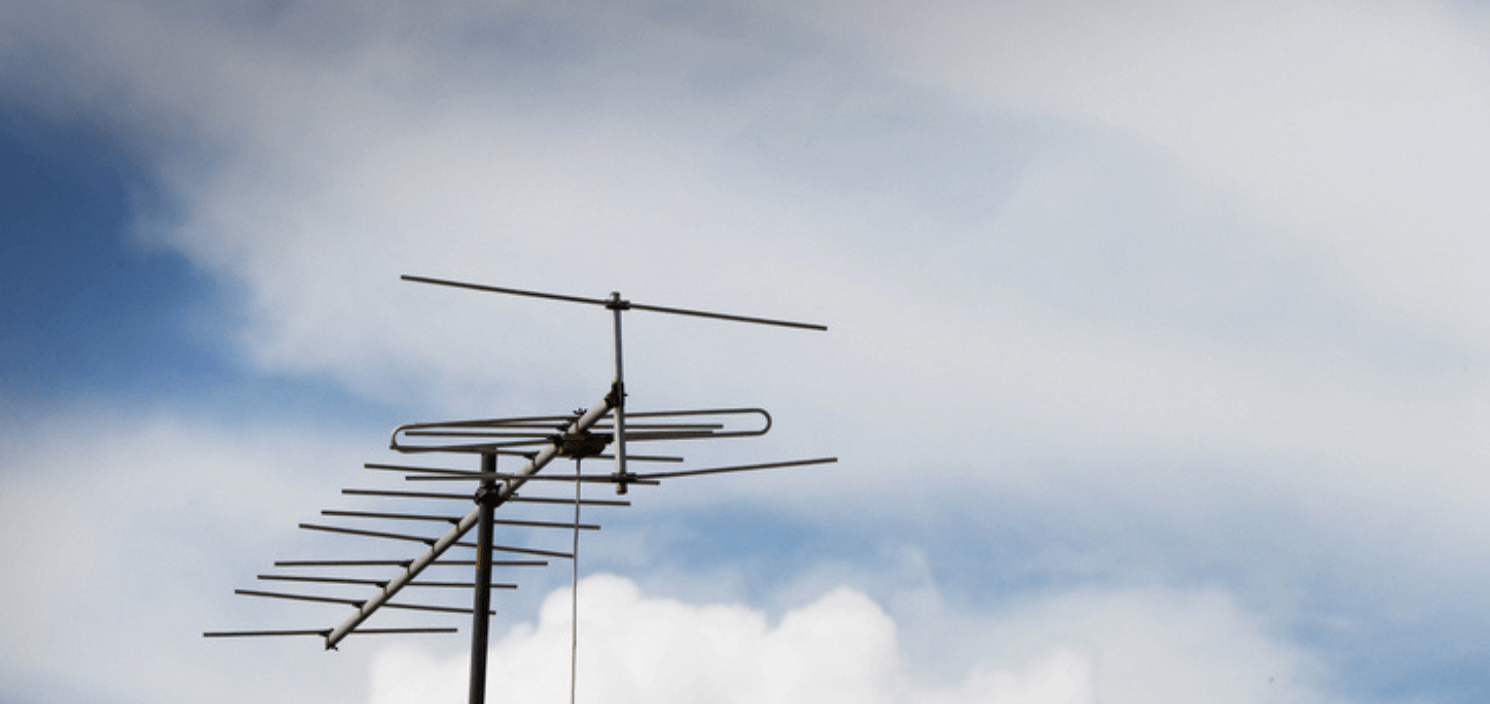Maintenance Tips After TV Aerials Installation: Keeping Your Signal Perfect
When you invested in a professional TV Aerials Installation, the signal is guaranteed to be clear, and the picture is solid. However, there’s a catch. Just like with every piece of technology, aerial systems require maintenance.
TV aerials are constantly exposed to a changeable climate of English weather, where constant wind, driving rain, and moisture attack sensitive components.
Simple, regular maintenance checks prevent minor, weather-related issues from escalating into expensive emergency repairs or total system failure. By being proactive, you protect the long-term integrity of your system and avoid the frustrating return of pixelation and dropped channels.
Why Does a Professionally Installed TV Aerial Need Maintenance?
Once a TV Aerials Installation is complete, two major natural forces immediately begin to degrade the system. Understanding these forces helps you know what to look for when performing your own safety checks.
The Enemy is Corrosion
Rain, moisture, and condensation are the primary enemies of signal quality, attacking the weakest points first: connectors, mounting brackets, and coaxial cable sheathing.
- Connectors: The joint where the cable meets the aerial is the most vulnerable point. When corrosion takes hold here, it introduces signal noise. This noise registers on your TV as a confusing, erratic input, leading directly to the pixelation and intermittent faults you see on screen. Maintaining the integrity of your initial TV Aerials Installation prevents early signal failure.
- Mounting Gear: If brackets and masts are not protected with anti-corrosion finishes, rust will compromise the structural integrity. In older properties, rust bleeding down the roofline or chimney stack looks unsightly and causes long-term damage to mortar.
Wind, Vibration, and Alignment
The aerial on your roof must maintain a highly precise alignment to pick up the digital signal from the transmitter.
- Subtle Shifts: Strong winds, common in elevated areas like the Yorkshire Dales, cause constant vibrations. Over months or years, these vibrations subtly shift the aerial's precise position.
- Precision Loss: Even a shift of a few millimetres pushes the aerial out of its optimal position when you are already fighting a weak signal to begin with. The result is a drop in the quality of the signal. Attempting to adjust this yourself is a mistake, as digital requires alignment checks using specialist signal meters. Protecting the quality of your initial TV Aerials Installation is fundamental.
What Safe Visual Checks Can I Perform On My TV Aerial?
Safety is paramount: Never climb onto the roof or chimney to inspect your aerial!
All effective checks should be performed safely from the ground using binoculars. These simple observations help you spot issues before they cause system failure. These observations protect your original TV Aerials Installation investment.
- The Mount and Mast: Look for obvious damage, a visible tilt, bent or loose brackets, or red/brown rust streaks on the roof. A visible tilt suggests wind damaged the aerial or the brackets are failing, requiring professional attention immediately.
- The Coaxial Cable: Check for peeling or cracking outer insulation, frayed cable strands, or places where the cable sags and water pools (a poor drip loop). Cracks or pools of water lead to water ingress, which ruins the cable's internal core and will require replacement of the entire downlead.
- Nearby Trees and Foliage: Check for branches or new foliage that have grown since the aerial was installed and now obstruct the aerial’s direct line of sight to the transmitter. Any physical obstruction dramatically reduces signal strength and is a common oversight, particularly in properties with mature gardens.
How Do I Know When My TV Aerial Is Failing?
Homeowners often misinterpret the signs of a failing aerial or downlead. Understanding signal strength versus quality is key to accurate diagnosis.
What is the difference between TV Signal Quality and Strength?
Many modern televisions report "Full Signal" even when the picture is unwatchable. This is because:
- Strength (Quantity): This is the raw power of the signal hitting the aerial.
- Quality (Clarity): Quality measures the amount of noise or interference present in the signal. If connectors are corroded, the signal is corrupted by noise, causing pixelation, freezing, and audio dropouts.
A professional TV Aerials Installation ensures both are maximised. When the system begins to fail, the quality always drops before the strength.
Why Does My TV Signal Break Up Only When It Rains or Is Windy?
The most definitive symptom of a failing aerial appears when the picture breaks up only during specific weather events:
- High Wind: Indicates the aerial is physically moving out of alignment due to a loose mount.
- Heavy Rain: Indicates water ingress has occurred in the cable or connectors. When the rain stops, the water dries, and the problem often temporarily resolves. The damage remains, and the cable will fail completely soon.
A common symptom is selective channel loss. Losing all channels on a single multiplex (e.g., all but retaining) suggests a reception issue related to that frequency band, often alignment or interference.
When Should I Stop Trying to Fix My Aerial and Call an Engineer?
The checks identify issues, but a professional engineer must handle all repair work and critical diagnostics. Never attempt to adjust an aerial on the roof yourself.
Call an engineer for:
- Any work requiring height access or ladder use.
- Persistent pixelation or dropouts that occur regardless of the weather.
- The immediate aftermath of a severe storm where high winds may have caused damage.
- Any fault where you suspect the underground cable run is damaged.
When issues arise that require professional help, protect the investment made during your TV Aerials Installation by only calling certified engineers. Only professional engineers use dedicated equipment to pinpoint the exact location of the fault without guessing. This equipment includes:
- Signal Meters: They measure the precise signal strength and quality across all digital frequencies.
- Spectrum Analysers: They diagnose external interference sources (like signals or electrical noise) that corrupt the signal.
How Long Should a Quality TV Aerial Last?
When you choose a specialist like Cube Communications for your TV Aerials Installation, you are investing in longevity.
- Quality Lifespan: A high-quality digital aerial, using robust mounting brackets and proper outdoor-grade cabling (as supplied and installed by Cube), should reliably last between and years.
- The Difference: Cheap, low-grade aerials, often found in stores, typically fail within two years due to corrosion, brittle plastic, and poor resistance to light and cold. For a guaranteed, long-term solution, please visit our domestic aerials page to review our high-quality service options.
Longevity is defined by the quality of the TV Aerial Installation: the correct aerial for your West Yorkshire location, precise alignment, and the integrity of the cabling and weatherproofing.
Protecting Your Home and Business Assets
Do not let the harsh weather and corrosive environment of West Yorkshire compromise your investment. Proactive maintenance ensures continuity and protects your TV Aerials Installation from the inconvenience and expense of emergency repairs.
For Homeowners: This protection means maintaining crystal-clear entertainment and ensuring your picture does not fail during critical viewing.
For Landlords and Businesses: Investing in regular aerial maintenance helps you aid your business by ensuring tenants receive reliable signals, which drastically reduces maintenance call-outs and supports tenant retention. Continuous, fault-free operation also means staff or residents avoid disruptive service failures.
If you suspect your system is compromised, do not wait for the picture to fail completely. Cube Communications offers rapid diagnostic and repair services across West Yorkshire. Our engineers use advanced equipment to accurately locate the fault and restore your system to peak performance quickly and tidily.
Ready to diagnose your signal issue and restore crystal clarity?
Contact Cube Communications today to book a comprehensive maintenance check or a rapid fault diagnosis. Secure your TV Aerials Installation investment and enjoy uninterrupted reception.
Contact Us at Cube Communications or visit our service page to book a maintenance visit and keep your system running optimally.

